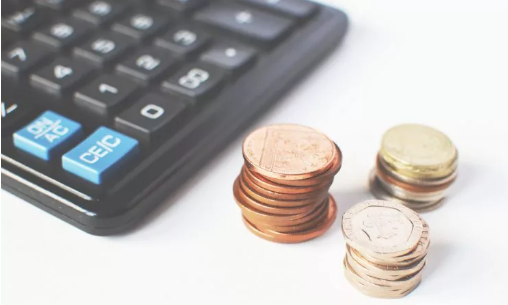How Much Should You Save in Your Emergency Fund?

Financial advisors and experts have long recommended keeping savings in an emergency fund as the most fundamental basis of a sound financial plan. In fact, having an emergency fund is generally considered to be even more important than having investments. However, most Americans have very little in savings. According to a 2019 survey, almost 70% of Americans currently have less than $1000 in savings! This could be due to low wages, overspending, the high cost of living, or a combination of these factors. This guide will explore the importance of keeping savings in an emergency fund, and how much you should aim to save.
What is the Purpose of an Emergency Fund?
Whether a sudden illness, accident, loss of employment, home or vehicle repair, or anything else that means you have to pay an expensive bill at short notice, financial emergencies can be devastating to your overall financial stability. While many emergencies are impossible to predict or avoid, you can still plan for your financial stability by putting savings into an emergency fund.
How Much Money Should Be in an Emergency Fund?
It can be difficult to know how much you should save for your emergency fund. The ideal amount will vary depending on your personal circumstances, such as your job, living situation, and any other financial obligations you may have.
Financial experts often recommend saving between three and six months’ worth of expenses. This specific amount will vary based on what expenses you have. If you are willing and able to cut back on luxuries in order to reduce your monthly expenses, the amount that you will need to save for your emergency fund will be reduced.
When you are deciding how much you need to save for your emergency fund, consider every expense that you have, such as groceries, utility bills, gas, insurance payments, and mortgage or rent payments. You should also consider the number of dependents you may have, as well as your predicted job stability and future career plans.
A common and effective strategy is to think of emergency savings as a form of insurance in the case of an emergency. When you are choosing insurance, the aim is usually to balance covering yourself sufficiently while also having enough disposable income that could be spent productively. You may think “the more money in my emergency fund, the better.” However, bear in mind that if you overfund your emergency fund, you will achieve any other financial goals at a slower pace, and even experience a reduced quality of life. Remember that you should allow yourself to have fun spending every once in a while, whether that means going on a vacation or just checking out brand new bingo sites to pass the time!
Where to Store Your Savings
There are many options of where to store your emergency fund, from wads of cash under the mattress (not recommended!) to investing in stocks (this has potential to increase the value of your savings, but also to decrease it). For most purposes, stability is usually the most important factor when keeping an emergency fund. An interest-earning bank account is a solution that is widely recommended by financial experts.
If you are on a low wage and/or have high expenses, saving even three months’ worth of expenses may seem daunting and impossible. What is important is not to give up—every little helps, and any amount saved is an increase in your financial stability.




